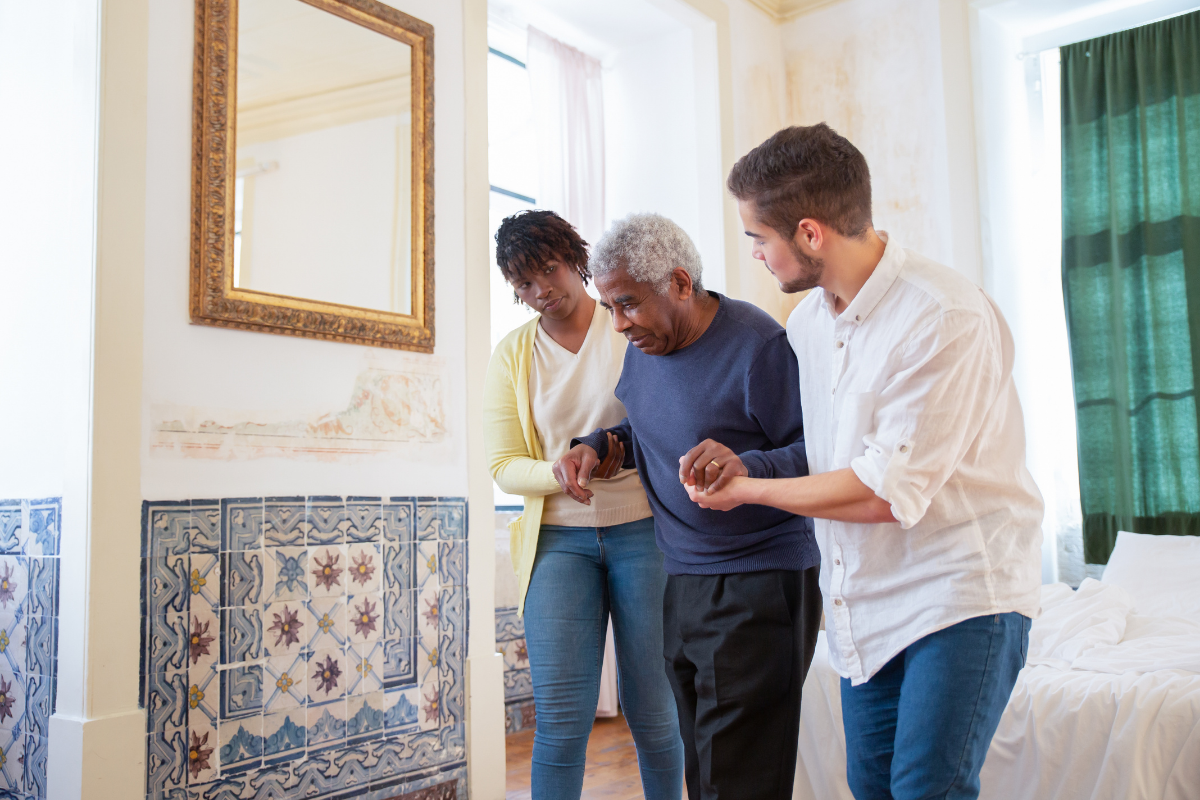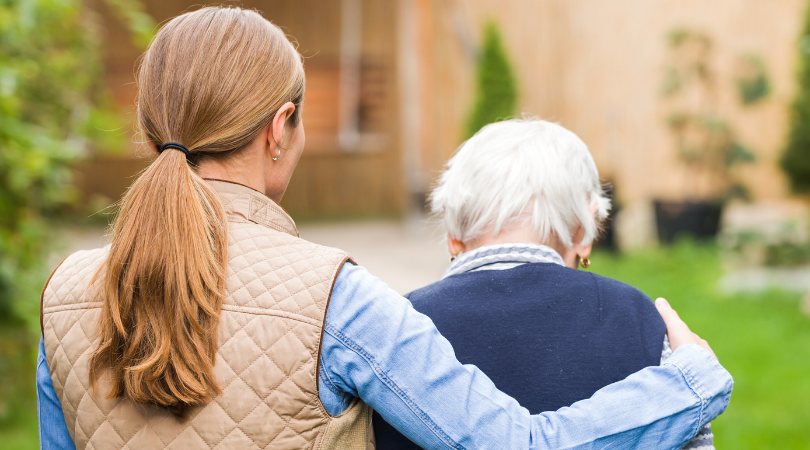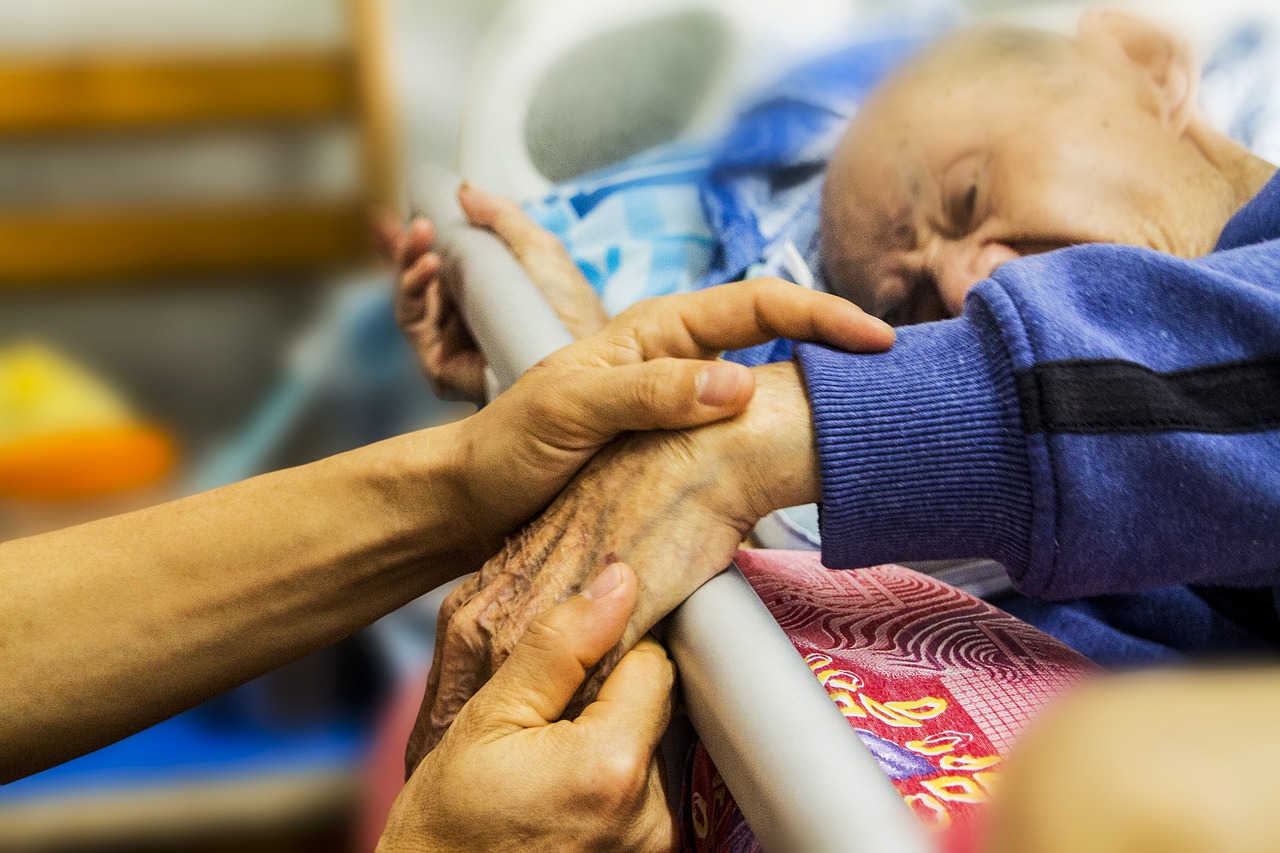Signs Your Loved One May Need More Care

The holidays are a time for gathering with family. With many families dealing with long separations throughout the COVID-19 pandemic, it may be startling to see how much a loved one has changed since your last visit. It is important to take note of physical, behavioral, or cognitive changes and take steps to ensure your loved one is getting the care they need.
Becoming a caregiver for a family member or other loved one can be deeply fulfilling, but it can also be a daunting task. Bringing in the right help at the right time can help ensure both you and your loved one have the support they need. This can include transportation services, palliative care services, adult day centers, home health care, meal delivery services, assisted living facilities, nursing homes, and hospice care.

Signs Your Loved One Needs More Help
It can be very difficult to see changes in your loved one if you don’t see them regularly. Getting eyes on them in their home is important. Even if you talk regularly by phone, you may not be able to see the signs that they have missed medication doses, withdrawn from activities they used to enjoy, or stopped taking care of themselves or their home. Use your visit to assess any physical, behavioral, or cognitive changes.
Physical Changes
One of the changes that is easier for those who have been away to immediately notice in a loved one is weight loss. That’s an important indicator that there could be a problem. Your loved one may also have difficulty eating or drinking, standing, walking, sitting, or moving around. Any of these is cause for concern. You may also notice stiffness or bruising from an injury suffered in a fall or other accident that they want to brush aside. Poor hygiene is another warning sign to keep an eye out for – including poor grooming habits or wearing dirty clothes.
Behavioral Changes
These can be obvious or very, very subtle signs your loved one needs more help. You may find that your loved one’s home is more cluttered than it used to be or that groceries have expired. There may be unopened mail or lack of interest in former hobbies. Behavioral changes to note also include mood swings, agitation, or changes in sleeping patterns.
Cognitive Changes
While anyone can have a moment of forgetfulness, keep an eye out for uncertainty, confusion, or a loss of reasoning skills. This might be displayed by late payments on bills, missed appointments, or forgetting to take medication. Inability to concentrate, trouble remembering recent events, and personality changes can all be signs of Alzheimer’s or another type of dementia.

How to Get Help for a Senior Who Needs More Care
Every situation is unique. The care your loved one needs will depend on their symptoms, living situation, and support levels. If your loved one has a sharp mind, but difficulty getting around, meal delivery or transportation services could help. If they need physical or personal care, a nursing service could be of assistance.
Understanding the support that is required for a loved one who needs more help is just the first step. The trickier part can be getting them to accept the help. Pride and a desire to be independent can get in the way of getting the help they need. Let them know that your goal is to support their goals. If they want to remain in their home, extra help may be required to do that.
The Administration for Community Living Eldercare Locator is a great place to start when looking for additional support and services. Here, you can find links to your local Area on Aging Agency, support services, elder rights, transportation, housing, insurance and other local resources.
For help with a loved one facing a serious or terminal illness, Crossroads Hospice & Palliative Care may be able to help. Our palliative care team partners with your loved one’s current physicians to continue their care at home. Regular visits from a nurse practitioner and social worker ensure they are following their treatment plan and accessing all available local services. If your loved one is facing a terminal diagnosis, our hospice team works with you to manage symptoms and provide comfort in their home, assisted living facility or nursing home.
To learn more about our services, please call 1-888-564-3405.
If you found this information helpful, please share it with your network and community.
Copyright © 2021 Crossroads Hospice. All rights reserved.




